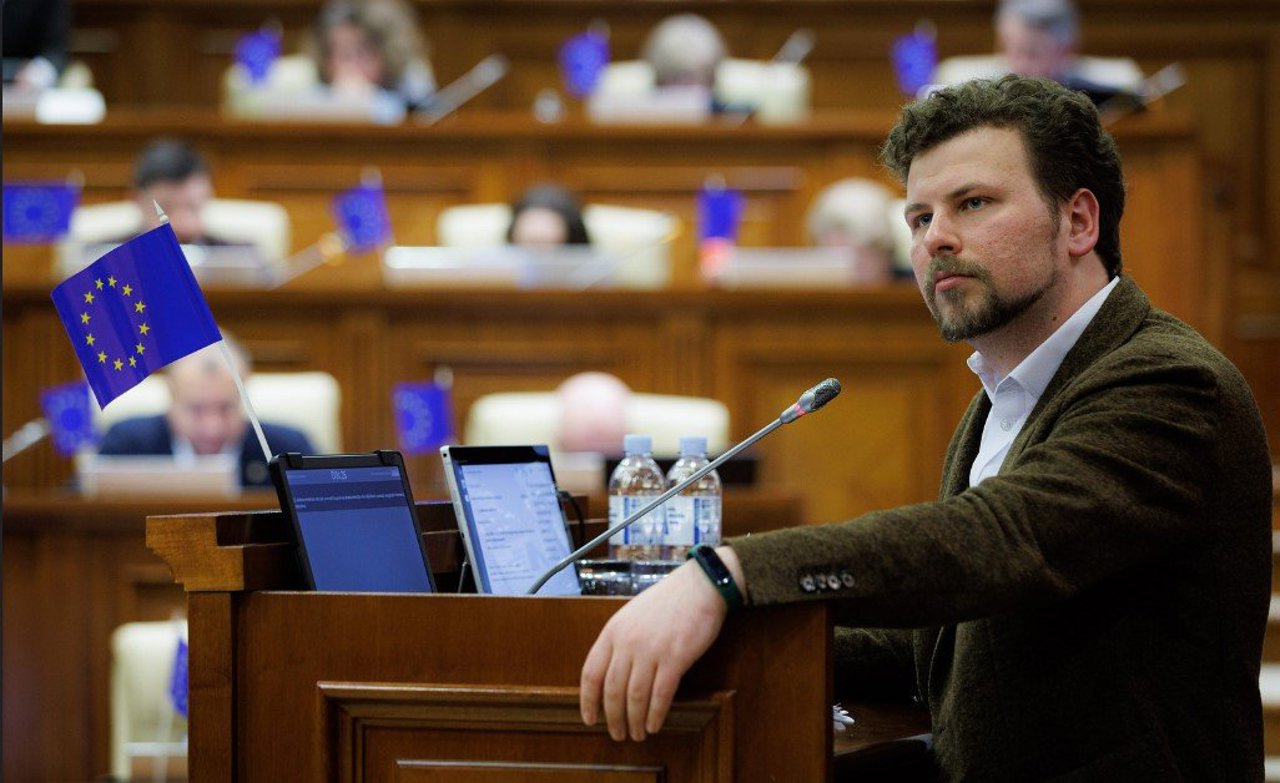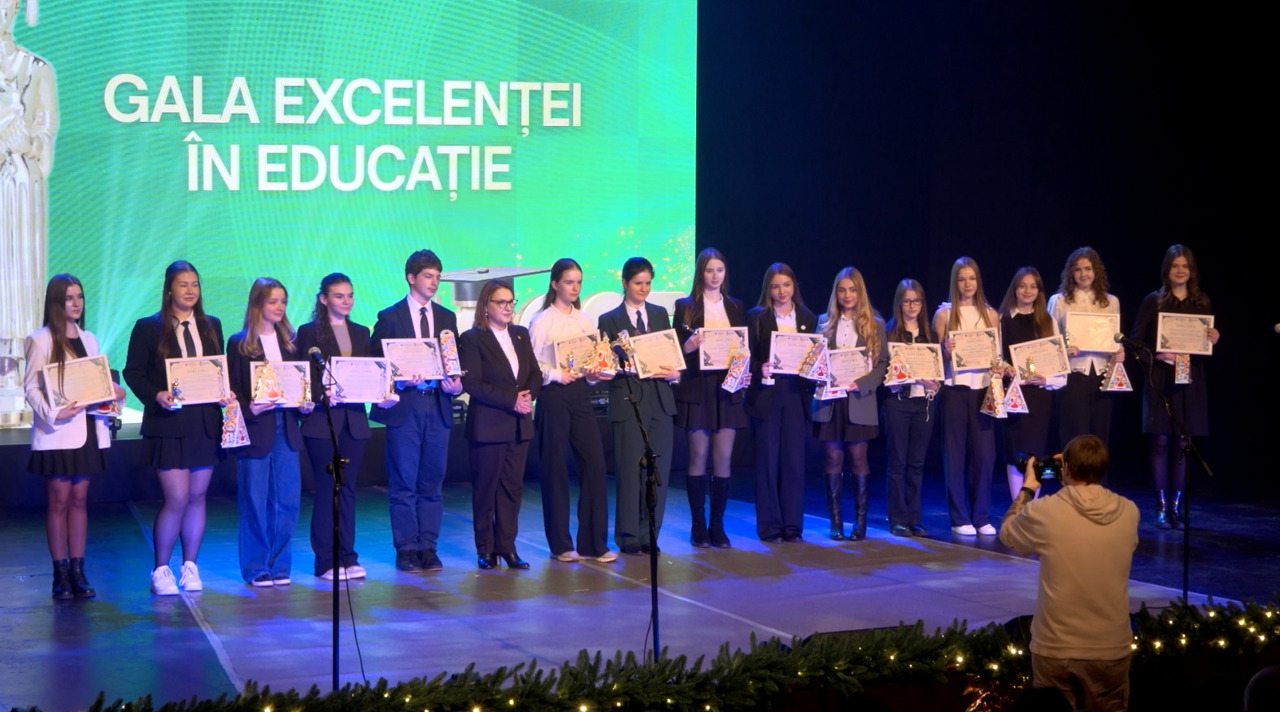Rural schools: Moldova's choice - reform or closure
The future of education in Moldova's rural communities hangs in the balance as the Ministry of Education and Research (MEC) proposes a two-pronged approach: incentivize student transfers to larger schools while simultaneously investing in rural education infrastructure.

The plan, while aimed at improving educational outcomes, has ignited debate about potential closures and the fate of rural communities.
Incentivizing Choice, Addressing Concerns
Minister Dan Perciun's proposal offers financial incentives to parents of students attending schools with fewer than 50 students. This includes a monthly allowance of up to €50, free meals, and transportation to larger institutions. The rationale behind this approach lies in addressing concerns about lower educational quality in smaller settings, as evidenced by the 2022 PISA results showing 15,000 students lacking basic literacy skills.
Opposition Voices Concerns, Calls for Rural Revitalization
The opposition, however, expresses reservations. They argue that economic challenges, not educational quality, are the primary driver of declining enrollment in rural areas. "Closing small schools is akin to erasing these communities," declared deputy Petru Burduja, urging the government to prioritise revitalization efforts instead.
MEC Reassures: No Closures, Investment in Rural Infrastructure
Perciun counters that school closures are not part of the plan and remain at the discretion of district councils. "Our focus is on improving educational opportunities for all," he emphasised. The ministry further announced plans to invest in rural education infrastructure, including renovating 35 schools nationwide and purchasing 70 new school buses to facilitate potential student transfers.
Balancing Priorities: Quality Education and Rural Sustainability
The debate surrounding Moldova's small schools reflects the complex challenges facing the country's education system. While improving educational quality is crucial, ensuring equitable access and preserving the cultural and social fabric of rural communities remain equally important. The ultimate success of the MEC's reforms will depend on striking a delicate balance between these competing priorities.
Translation by Iurie Tataru




